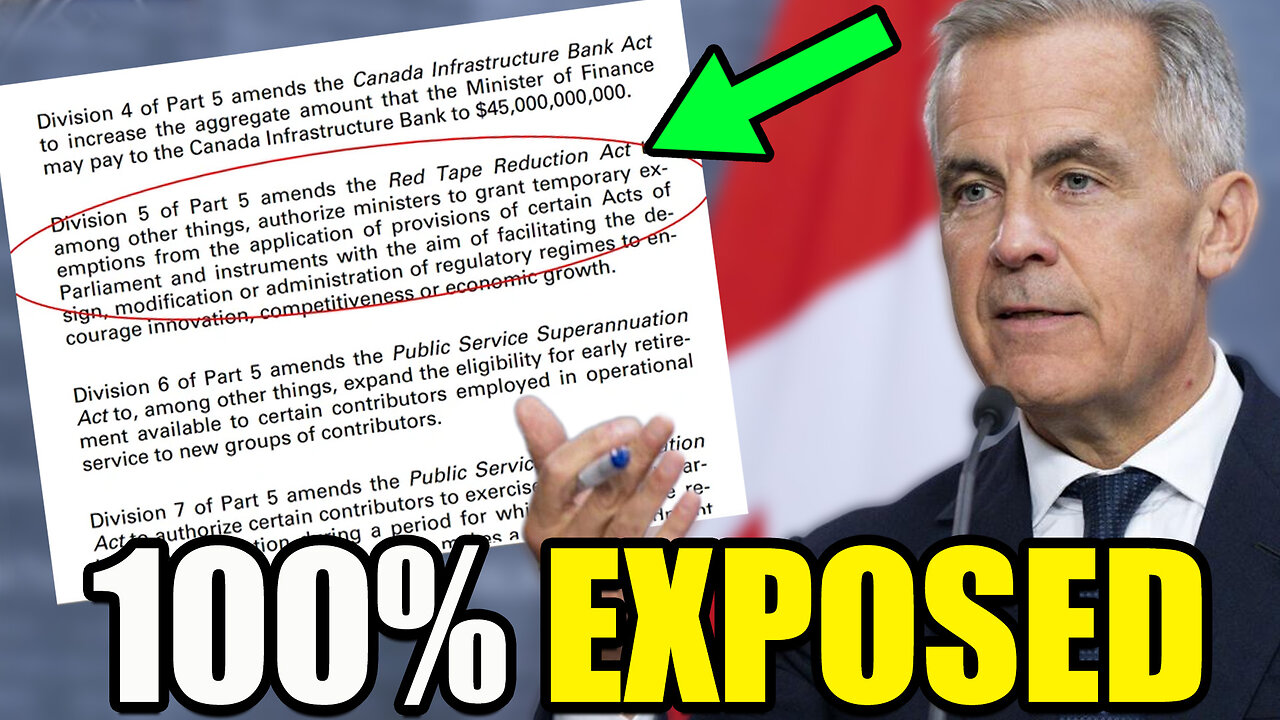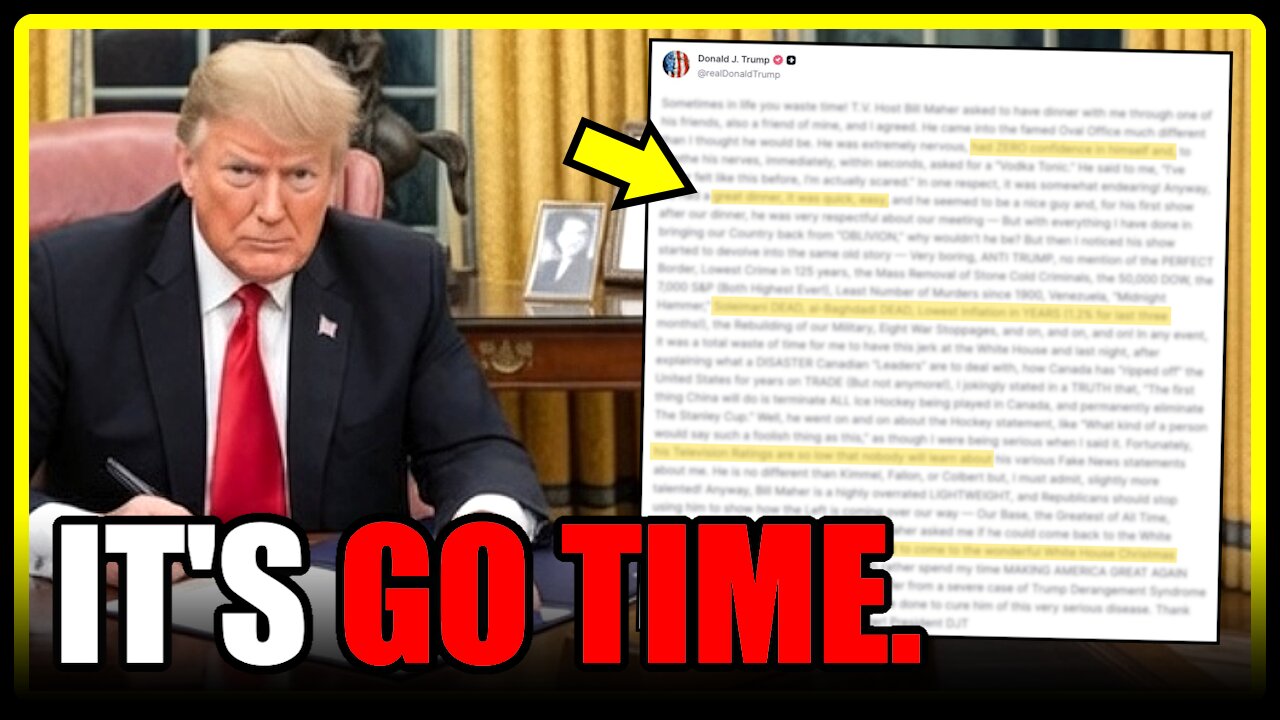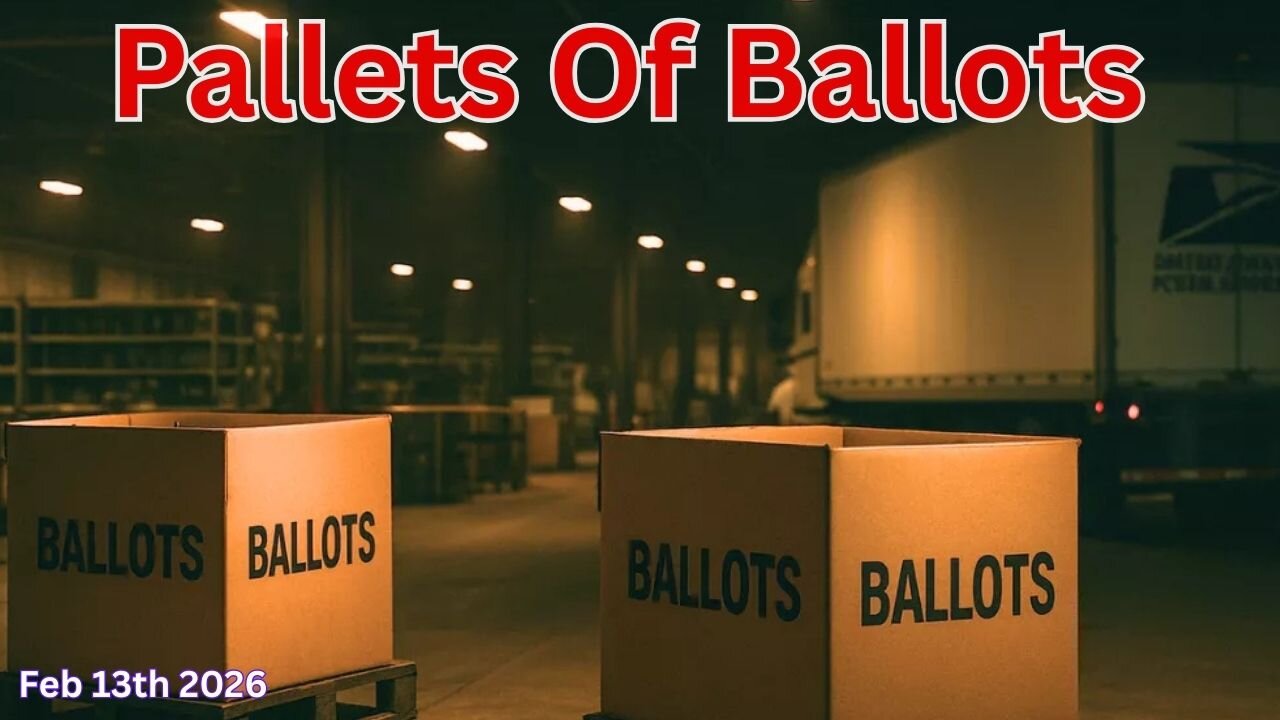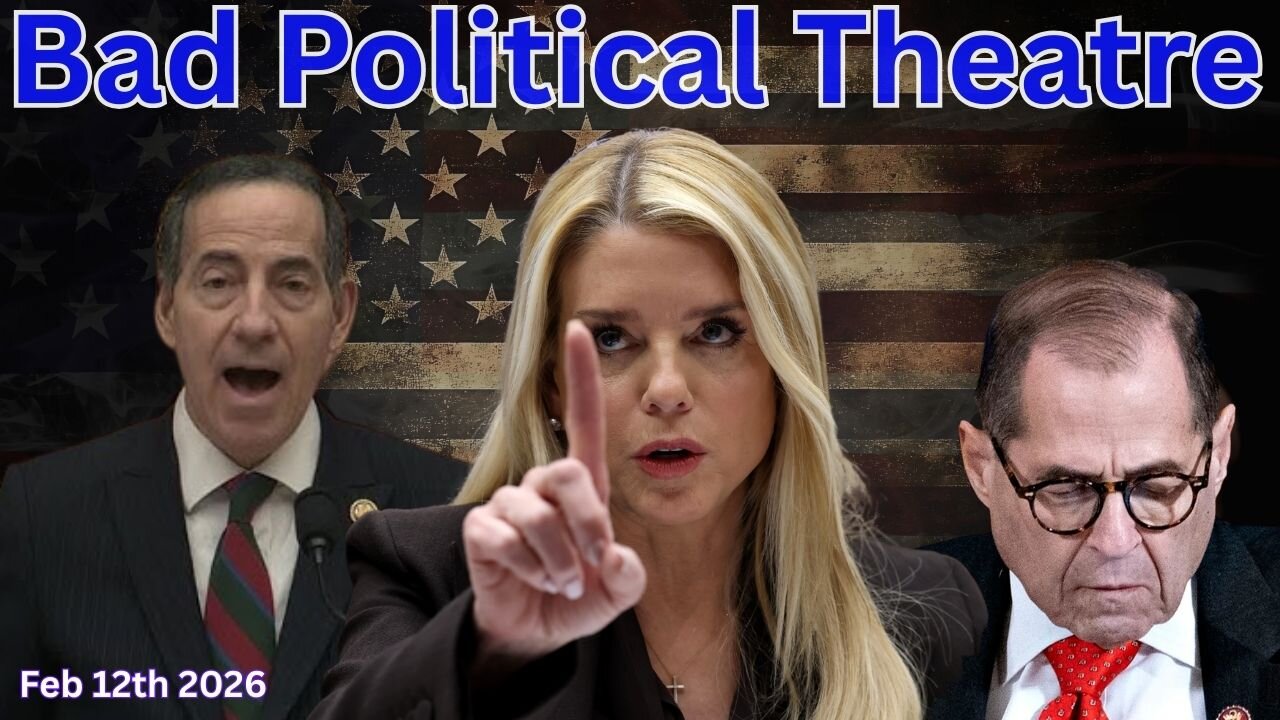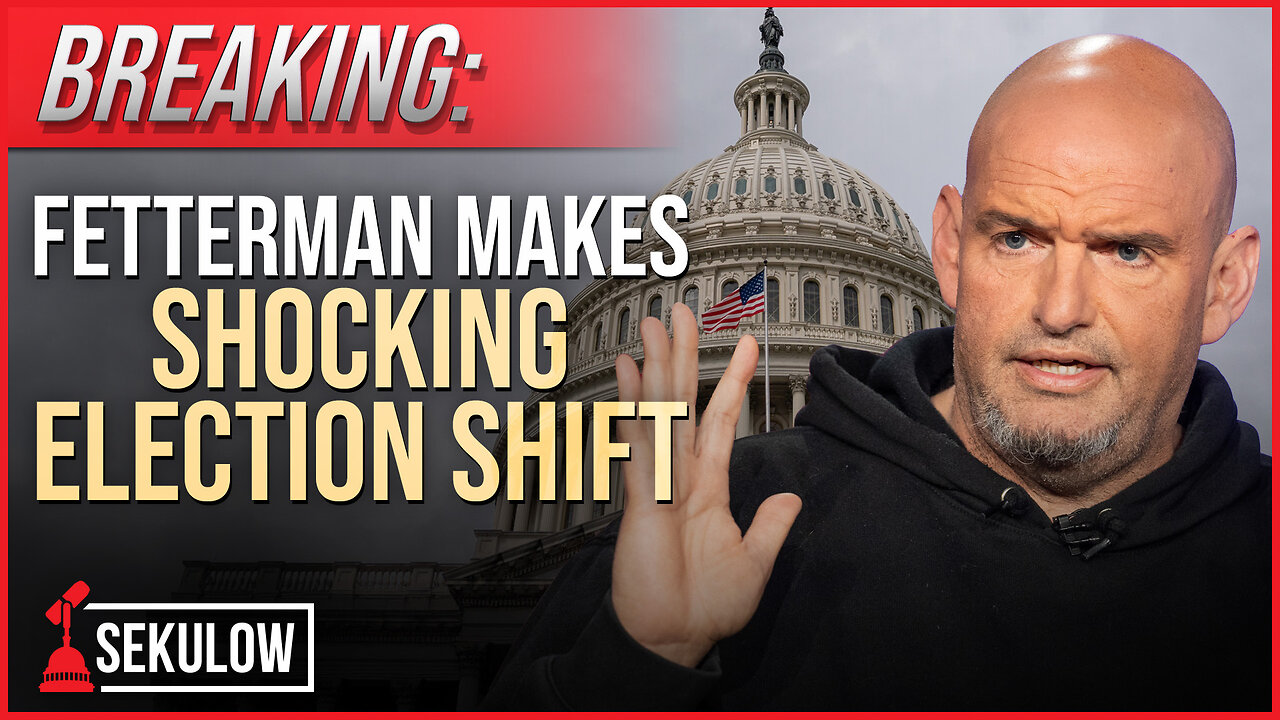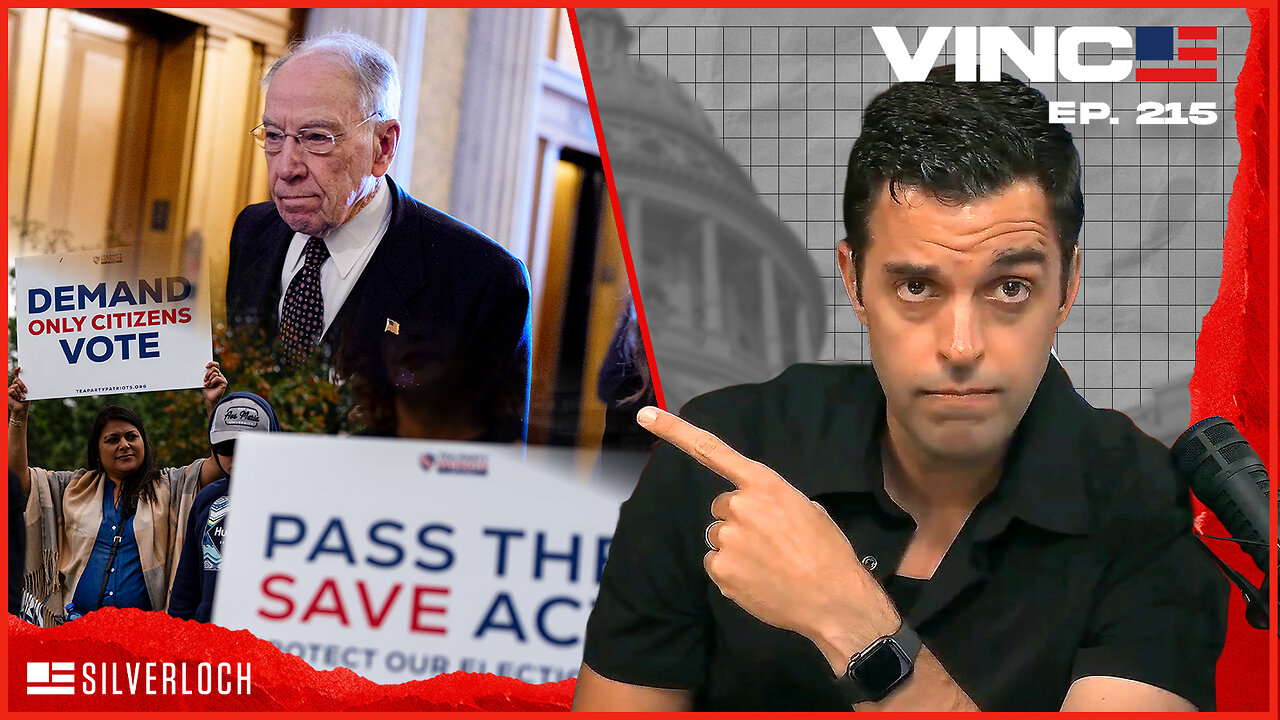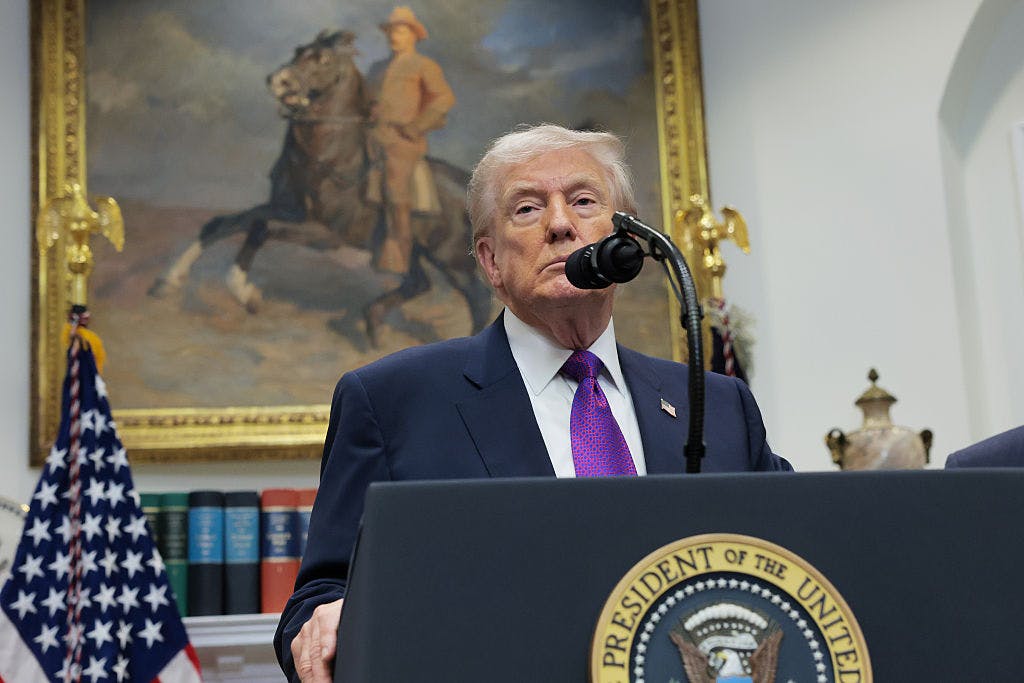The Dishonorable Conduct Award: Judges Who Threw out the Statute with the Bathwater

We spend a lot of our time reading and analyzing judicial decisions from all over the country. But we don’t decide winners and losers based on whether or not we like the particular result. Instead, we look at whether the judge did what he was supposed to and impartially applied the law to the facts.
Live Your Best Retirement
Fun • Funds • Fitness • Freedom
Lately, though, we’ve seen more and more decisions by what can only be termed rogue judges, who defy the law by rejecting the statutory and constitutional limits on their authority.
We’re going to highlight some of the offenders with a dishonorable conduct award.
The first one goes to federal Judge Edward Chen, an Obama appointee who presides in the Northern District of California. In the ongoing lawfare campaign against President Donald Trump, Chen twice enjoined Department of Homeland Security Secretary Kristi Noem’s decision to end temporary protected status for 600,000 Venezuelans.
We’re also giving a dishonorable mention to Judges Kim McLane Wardlaw, Salvador Mendoza Jr., and Anthony D. Johnstone (also Democrat appointees) of the U.S. Court of Appeals for the Ninth Circuit, who affirmed that lawless decision.
Under a federal statute, 8 U.S.C. §1254a, the secretary of Homeland Security has authority to provide temporary protected status to aliens who cannot safely return to their native country for specific reasons such as an ongoing conflict, natural or environmental disaster, or other “extraordinary and temporary conditions” unless allowing them to remain in this country would be “contrary to the national interest.”
Biden’s DHS Secretary, Alejandro Mayorkas, first granted that status to Venezuelans in 2021. He renewed it in 2023 and then again in January 2025 as he left office. But once Trump took office, Noem ended the latest extension, which would have lasted until October 2026. Predictably, the Left sued.
Chen issued a temporary restraining order, claiming that Noem’s decision was “predicated on negative stereotypes” about Venezuelans. The Supreme Court stayed that order and sent the case back.
Refusing to take no for an answer—even when that “no” came from the Supreme Court—Chen subsequently issued a permanent injunction against the termination of temporary protected status. This time, he claimed Noem’s decision was “arbitrary and capricious” and “exceeded the Secretary’s statutory authority.” The Ninth Circuit upheld the injunction, but the Supreme Court again stayed the attempt.
These judges acted dishonorably for a simple and glaringly obvious reason. The temporary protected status statute specifically says that there can be “no judicial review of any determination of the [Secretary] with respect to the designation, or termination or extension of a designation, of a foreign state.”
There are many federal statutes with a lot of confusing or ambiguous language, but this is not one of them. “No judicial review” means, well, “no judicial review.
Congress gave authority to issue or revoke temporary protected status solely to the secretary of Homeland Security and deprived judges of all jurisdiction to review, question, examine, or reconsider the secretary’s decision to grant or terminate protected status. Again, “no” means “no.”
Chen, therefore, had no authority to issue a restraining order—let alone a permanent injunction—much less hear the case at all. Undeterred by the plain letter of the law, though, Chen jumped to evaluate Noem’s decision under the Administrative Procedure Act, or APA, which governs agency actions. But—to state the painfully obvious—a court can examine whether an agency action meets the APA’s standard only if it has jurisdiction to do so in the first place!
The Ninth Circuit affirmed Chen’s injunction, saying that it was reviewing the “extent of statutory authority granted to the Secretary” to make such a TPS determination. “No judicial review,” however, means that the court has no authority to examine the extent of the secretary’s authority at all. Seriously, what part of “no judicial review” do these judges not understand?
Thankfully, the federal judicial system has three levels, not two, and the Supreme Court had no problem reading the statute that seemed so vague and fuzzy to the lower court judges. Even then, Justices Sonia Sotomayor, Elena Kagan, and Ketanji Brown Jackson dissented, wanting to continue pretending that Congress did not say what everyone knows it said.
Jackson, for example, acting as if she were the secretary of Homeland Security, deplored the possible consequences of revoking temporary protected status for Venezuelans, who might be “left vulnerable to job loss, family separation, and deportation.”
While Noem might consider such factors, judges may not. Why? Because… wait for it… they have no authority to review the secretary’s decision. Period.
This isn’t a case where well-meaning judges focused on a statute’s language but read it differently. No, these judges simply ignored the statutory language altogether and attempted to exercise authority that Congress has denied them. That literally makes their decisions in this case lawless—and makes them easy winners of our “October Dishonorable Conduct Award.”
We’re sure they’ll frame it and hang it on the walls of their chambers.
The post The Dishonorable Conduct Award: Judges Who Threw out the Statute with the Bathwater appeared first on The Daily Signal.
Originally Published at Daily Wire, Daily Signal, or The Blaze
What's Your Reaction?
 Like
0
Like
0
 Dislike
0
Dislike
0
 Love
0
Love
0
 Funny
0
Funny
0
 Angry
0
Angry
0
 Sad
0
Sad
0
 Wow
0
Wow
0






